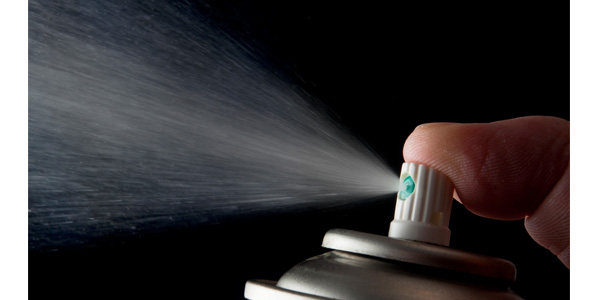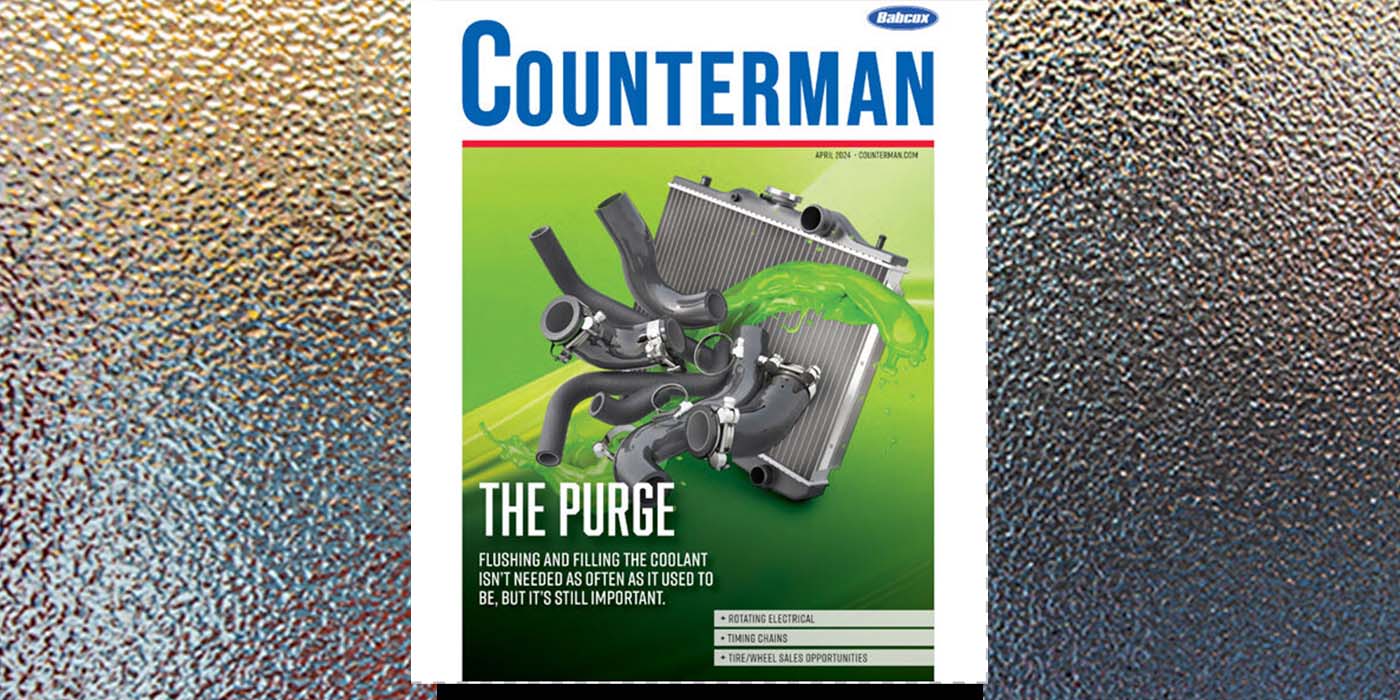
Specialty chemicals are the magic elixir of the automotive industry. Some get a bad rap as “snake oils,” while others are tried and true and have been in use for decades.
There’s virtually no part of the vehicle where a chemical isn’t used to aid in the repair or replacement of a component. Think about the chemicals you use most. If we were hosting an episode of “Family Feud,” you can bet the top answer to the most common specialty chemical would be WD-40 (and they didn’t pay us to say it).
WD-40 is an oil spray lubricant with literally thousands of uses for the product, including many non-automotive applications. In 1953, the Rocket Chemical Co. and its staff of three tried to invent a rust-prevention product for use in the aerospace industry. It took the small team 40 attempts to come up with a “water-displacing” formula that worked. And it certainly worked well enough for cars, since it’s found in most shops and toolboxes today.
There’s a whole slew of penetrating oils available, but counter pros should be in the know when it comes to the top chemicals that customers need. Often, a customer will ask for something specific and other times you’ll need to recommend something. The bottom line is there’s no denying the place for chemicals in the store because they’re often needed to get the job done right.
Common Chemicals
Shops use chemicals every day. Some of these include solvents, lubricants, sealants and adhesives. Common solvents come in the familiar aerosol can and for cleaning carburetors, throttle bodies, mass airflow (MAF) sensors, brakes and electrical components and so on. Commonly used lubricants include penetrating oils, dry lubricants, greases and other lubricating products (but don’t include engine oil; that’s another category). Every shop should have an inventory of these kinds of automotive chemicals.
Selling chemicals to an automotive technician or shop can be challenging, because most of them go for performance over price or marketing, and some technicians and shops have their own sources of “specialized chemicals” that may come from other industries. There’s always that technician who swears by a certain brand or a product that no one else has. If you can find out what your customers prefer and try to stock it, you’ll go a long way with that customer down the road. It’s like stocking their favorite beer. It comes down to experience with a product and preference. DIYers are much more likely to go for the house brand or possibly name brands that are on sale.
The packaging matters too. What kind of bottle and spray nozzle does it have? How easy is it to control where it sprays or how it dispenses? Does it make a mess of everything as soon as you open it? Technicians are more likely to be concerned about these details than a DIYer.
Counter pros also need to know about what chemicals should be used for specific types of jobs. Brake cleaner has many uses and not just for brake jobs, but it’s not the same as MAF cleaner. MAF sensors are very sensitive and should be cleaned with either an electrical contact cleaner or specialty cleaner just for these components.

Unless there’s unlimited shelf space in your store, make sure you’re putting the best products up front. Display the ones with special sales such as brake cleaner with an oil-change kit or a set of brake pads. Don’t sell snake oils or promise that a product will do something it won’t. Chemicals can’t fix major mechanical defects, so be sure your customer knows the truth about what they’re getting – you’ll be rewarded with a loyal customer.





